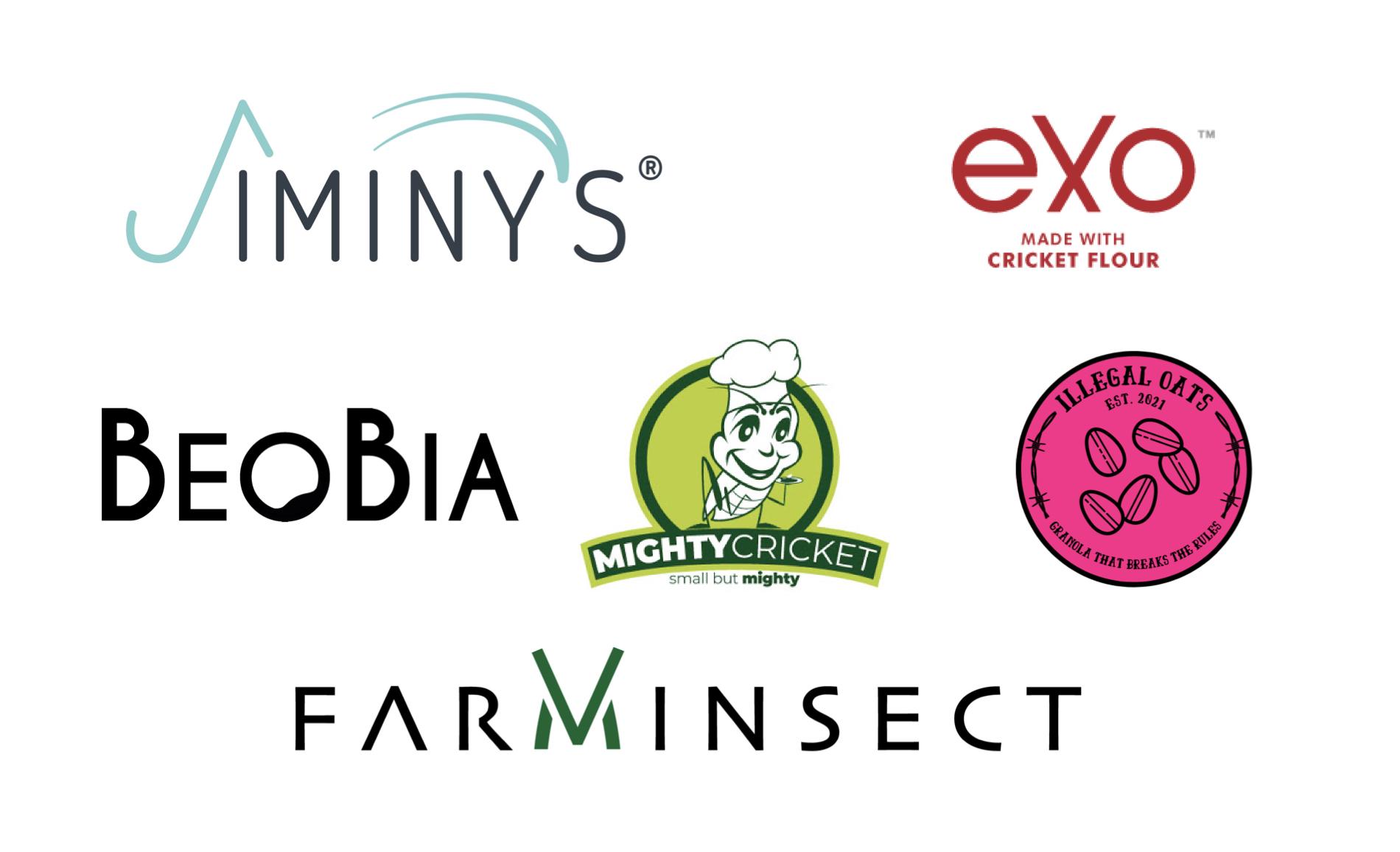The term entomophagy — the practice of eating insects — may initially sound strange. We rarely hear about insect-eating outside the context of a kindergarten playground. I hadn’t, at least, which made learning about the imminently booming edible insect market and its subsequent health and environmental benefits all the more appetizing.
Entomophagy is hardly new. Humans have been eating insects for thousands of years and are integrated into the diets of more than 2 billion people today. Eating insects is no longer a simple practice, it’s a rapidly growing industry. The United Nations has predicted that the market for edible insects could be worth $6.3 billion by 2030, meaning bug-based products might become a staple at your local market.
Insects produce 80 times less methane than cattle because they require much less space, feed, water, housing and overall maintenance. While one pound of beef requires 1,850 gallons and one pound of chicken uses 500 gallons of water, crickets require 1 gallon. These environmental benefits can translate into better, more profitable business: farming smaller critters saves space and cuts down on water and feed expenses. By modifying western diets, it’s possible to combat climate change while also being economically responsible.
Eating insects is no longer a simple practice, it’s a rapidly growing industry.
Western food markets have long excluded insects from their selections, opting for animal-based protein. This has left behind an entire market of insect-based foods along with their wide array of health and environmental benefits. As pressures from climate change grow, and as these issues become increasingly important to consumers, insects are taking an increasingly formidable stance in the global protein market.
While large corporations such as Nestlé and PepsiCo are slowly stepping into the industry by conducting R&D, small, agile, risk-taking startups have been blazing the trail.
The Asia-Pacific region has long been the dominant market for edible insects and, while it remains so, insects are also gaining traction in Europe’s food and technology scene, particularly in Eastern European and Scandinavian countries. Although the United States has been slower to embrace and invest in entomophagy, startups are popping up across the country and expanding their reach.
Below are six U.S. and European edible insect startups working to push the world into a new food future:
Food-based startups
These three companies are working to integrate insects into your and your pet’s diet:
Mighty Cricket was my introduction to entomophagy, through my paid summer internship, so I thought I would shout out CEO Sarah Schlafly for starting me on my edible insect journey. Through its aesthetic packaging and enticing food options, Mighty Cricket uses finely ground crickets in plain and flavored protein powders, a variety of oatmeal, pancake/waffle mixes and chocolate bars. Using the Acheta domesticus species — commonly called the house cricket — its products provide a significant source of protein and overall nutrition without sacrificing taste.
Illegal Oats, launched just last month, aims to bring edible insects to snacking by adding insect protein to granola, terming it "ento-granola." Primarily using mealworms, the Illegal Oats brand is entering the market with hopes to expand the acceptance of edible insects beyond just crickets.
Jiminy’s is a pet food brand for people who can’t stomach the idea of eating insects themselves but still want to participate in sustainable food consumption. Founded in 2016, Jiminy’s replaces animal protein in dog treats with insect protein. According to its website, 25 percent to 30 percent of the environmental impact of meat consumption in the U.S. comes from feeding cats and dogs. In 2020, the company claims, dog owners helped save more than 218 million gallons of water and prevented the release of 20.5 million grams of greenhouse gases by switching from traditional dog treats to Jiminy’s. Just as with humans, insects can be a healthy, sustainable snack for dogs, too.
Technology-based startups
While insect farming requires relatively few resources, it can be labor-intensive, making such startups difficult to scale. The fragility of hatching, feeding multiple times a day, harvesting and cleaning adds to the labor and costs. But as insect farming becomes more autonomous, insect-protein prices are expected to become more competitive with animal protein. Here are three startups mitigating these labor requirements through technology.
Aspire Food Group, parent company of the edible insect protein bar brand Exo, which it acquired in 2018, is developing "smart-farming" technology to lessen the financial and labor costs. In 2017, it launched the first automated cricket farm in the world. Using sensors, autonomous robotics, centralized distribution systems and custom assemblies, Aspire can continually monitor, track data and research its insects. The company has launched weevil and cricket farms in the U.S., Ghana and Mexico and in February raised $16.8 million to construct insect farms in Canada.
BeoBia, a U.K.-based startup, has invented a way for consumers to cultivate mealworm farms in their homes by using food waste. By emptying scraps into BeoBia "eco-growing pods," consumers feed the mealworms, creating a "continuous supply of affordable, sustainable and nutritious pet feed." Since mealworms are natural composters, the pods also produce fertilizer, meaning the invention has potential to revolutionize food waste management, animal feed and plant growth simultaneously. Although not on the market yet, the company launched a Kickstarter campaign in July.
FarmInsect, launched in Germany in 2019, aims to reinvent agricultural practices through its intuitive platform that guides farmers through the insect production process. The FarmInsect technology allows farmers without previous insect-harvesting experience to easily and quickly learn. It creates a kind of circular economy, in which insect farming produces feed for livestock, which produces waste that can be used in insect farming. This closed-loop process allows farmers to be self-sufficient and environmentally sustainable and can save them up to 20 percent compared to the cost of conventional livestock feed.
Entomophagy in North America and Europe isn’t yet taken seriously. However, as world population trends upward to 9.8 billion by 2050 and climate change aggravates the frequency of natural disasters, insects as an alternative protein will be vital to keeping our food systems intact. These startups are among the first in the food revolution to save ourselves and the planet.

